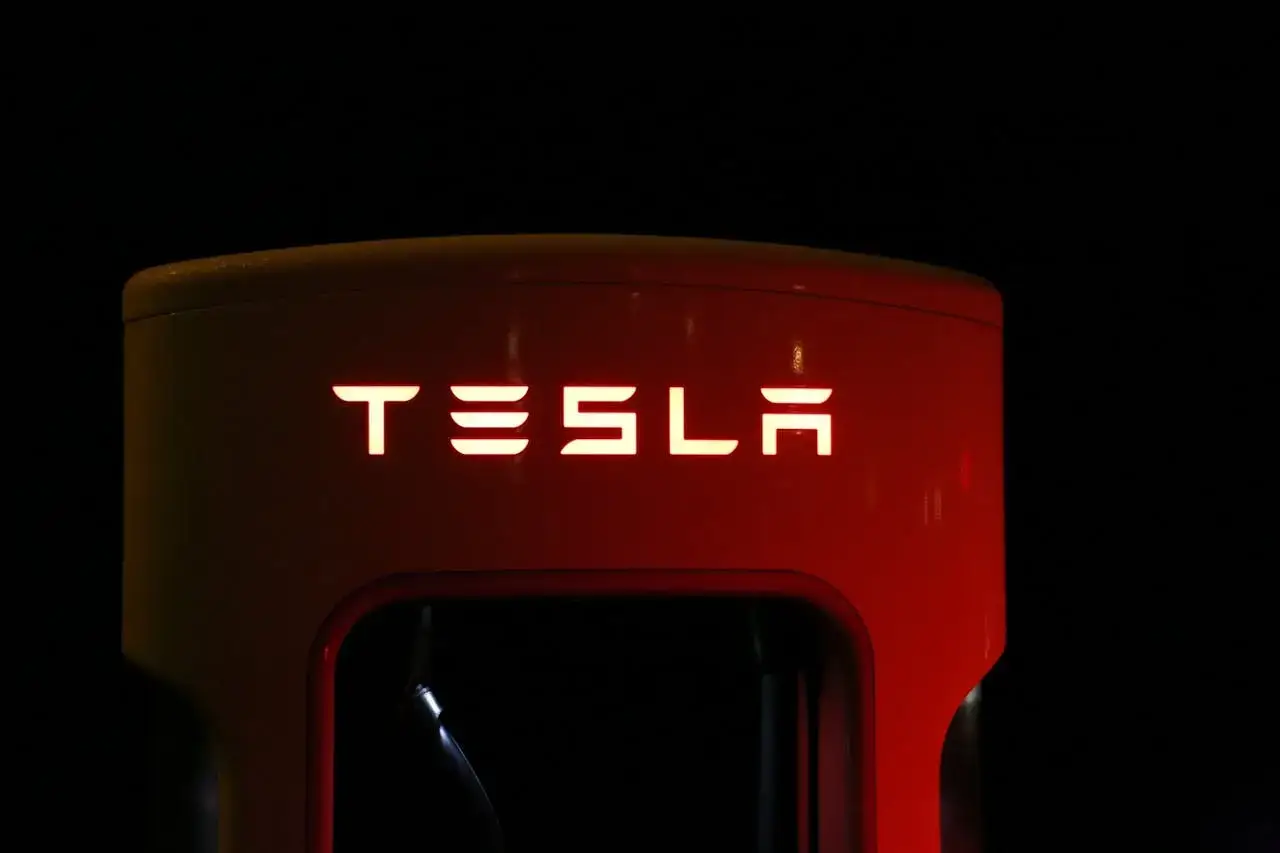
India’s Electric Vehicle Policy: A $500m Boost to the EV Market
The Indian government’s recent approval of the Electric Vehicle (EV) Policy, valued at $500 million, is a significant step towards establishing India as a leading manufacturing hub for advanced EVs. This policy aims to attract investment from international EV companies, provide Indian consumers with access to the latest EV models, and reduce production costs.
Attracting International EV Companies
India’s Electric Vehicle Policy actively pursues investments from automotive giants like Tesla in its automotive industry. Moreover, it aims to boost high-tech development within its domestic automotive industry. As the EV market slows in the US and Europe, India emerges as an attractive option for the automotive industry. Rising tensions with China make India appealing for global automotive firms. These companies seek to expand operations and market reach.
Consequently, India’s Electric Vehicle Policy positions the country as an enticing destination for international automakers in the automotive industry. It offers opportunities for automakers to broaden their global footprint. Furthermore, India provides access to a vast consumer market for the automotive industry.
A New Era for India’s Automotive Industry
The new EV Policy is aimed at persuading hesitant or undecided global car manufacturers to enter the Indian market. Tesla, facing challenges with its aging product range and lack of entry-level vehicles, is experiencing a drop in demand and heightened competition from rivals, including China’s BYD. Meanwhile, Vietnam’s VinFast is planning a $2 billion investment and has started building a factory in Tamil Nadu, India.
Environmental Benefits
India ranks among the most polluted countries globally. Specifically, Delhi holds the title of most polluted capital city. Moreover, the report by IQAir lists Indian cities Begusarai and Guwahati as the world’s most polluted. Therefore, addressing pollution is crucial for India’s environmental health.
India’s Electric Vehicle Policy aims to shift towards EV technology, offering a promising solution. It can significantly reduce PM2.5 levels in urban areas. Consequently, adopting EVs in public and private transport is expected to improve air quality.
Furthermore, this transition aligns with India’s sustainability goals. It demonstrates India’s commitment to combating environmental issues. Ultimately, embracing EVs through the Electric Vehicle Policy can pave the way for a greener future.
Supportive Industrial Policies
As the automotive industry faces increasing pressure to meet local and global environmental standards, and as the export market for EVs grows more rapidly than that for ICE vehicles, supportive industrial policies are crucial. These policies will enable India’s automotive manufacturing sector to upgrade existing facilities and innovate in electric and new-energy vehicle models.
In conclusion, India’s Electric Vehicle Policy is a significant step towards transforming the country’s automotive industry and contributing to a cleaner environment. With its focus on attracting international EV companies, providing incentives for consumers, and reducing production costs, this policy is expected to have a profound impact on India’s EV market.
